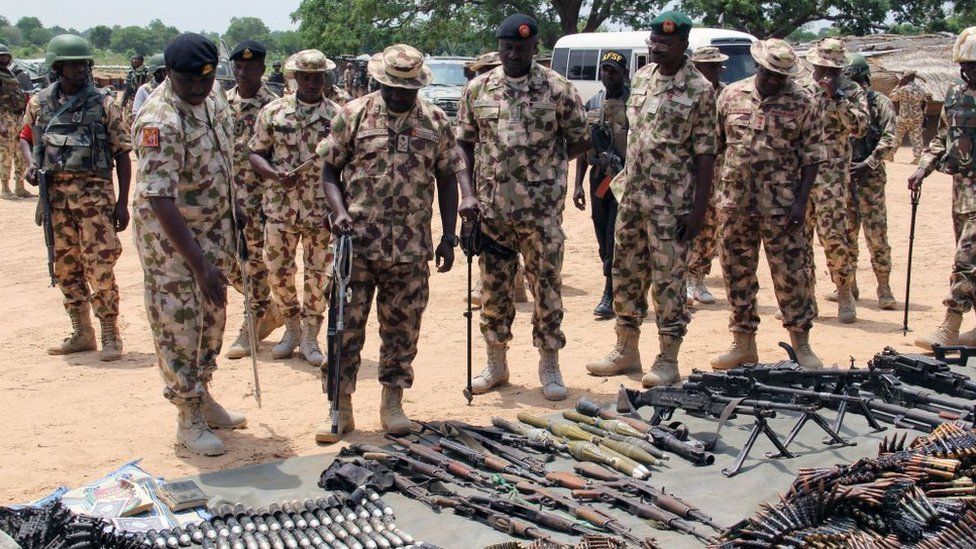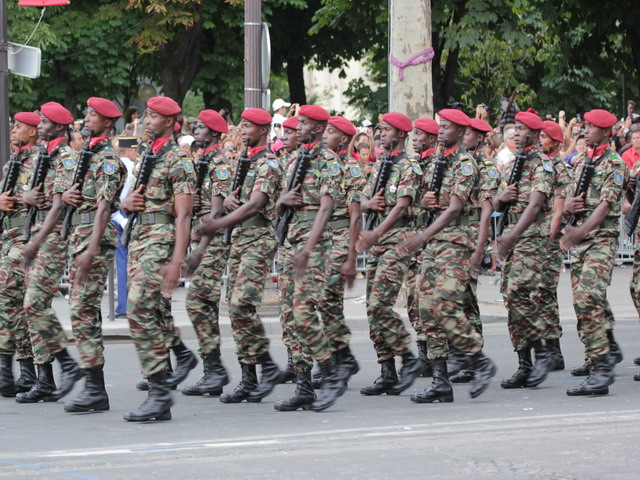
Omar Al-Bashir in the shadow of Sudan coup
No respite for Sudan as military takes over again, arrests leaders
Sudan continues to grapple with uncertainties. The ouster of the dictator and long-term ruler Omar al-Bashir two years ago could not bring respite to the impoverished North African country. Again, a coup is under way in Sudan, where the military has dissolved civilian rule, arrested political leaders and declared a state of emergency. Omar al-Bashir can be seen in the shadow of the present impasse.
The coup leader Gen Abdel Fattah Burhan has blamed political infighting.
Protesters have taken to the streets of the capital, Khartoum, and other cities and there are reports of gunfire.
Military and civilian leaders have been at odds since long-time ruler Omar al-Bashir was overthrown two years ago and a transitional government set up.
Army and paramilitary troops have been deployed across the capital, Khartoum airport is closed, and international flights are suspended. The internet is also down.
BBC Arabic’s Mohamed Osman, in Khartoum, says large numbers of protestors are demanding the return of civilian rule and that demonstrations have spread to a number of other locations, including the cities of Atbara, Wad Madani and Port Sudan.
More protestors are expected to be drawn to the streets in the coming hours after calls for action by political parties and professional unions, our correspondent adds.
One demonstrator Sawsan Bashir told AFP: “We will not leave the streets until the civilian government is back and the transition is back.”
“We are ready to give our lives for the democratic transition in Sudan,” another protester, Haitham Mohamed said.
Prime Minister Abdallah Hamdok is among those reported to have been detained and put under house arrest, along with members of his cabinet and other civilian leaders.
They are part of a transitional government designed to steer Sudan towards democracy after the rule of former president, Omar al-Bashir.
A statement from the information ministry on Facebook said those arrested were being held in “an unidentified location”.
It also said Mr Hamdok was being pressed to support a coup but was refusing to do so, and instead he urged people to continue with peaceful protests to “defend the revolution”.
Gen Burhan had been leading the power-sharing arrangement between military and civilian leaders, known as the Sovereign Council.
In a televised address, he said infighting between politicians, ambition and incitement to violence had forced him to act to protect the safety of the nation and to “rectify the revolution’s course”.
He said Sudan was still committed to “international accords” and the transition to civilian rule, with elections planned for July 2023.
Although Sudan remains in a deep economic crisis, it had been receiving more international support. A military takeover will put that at risk.




Recent Comments